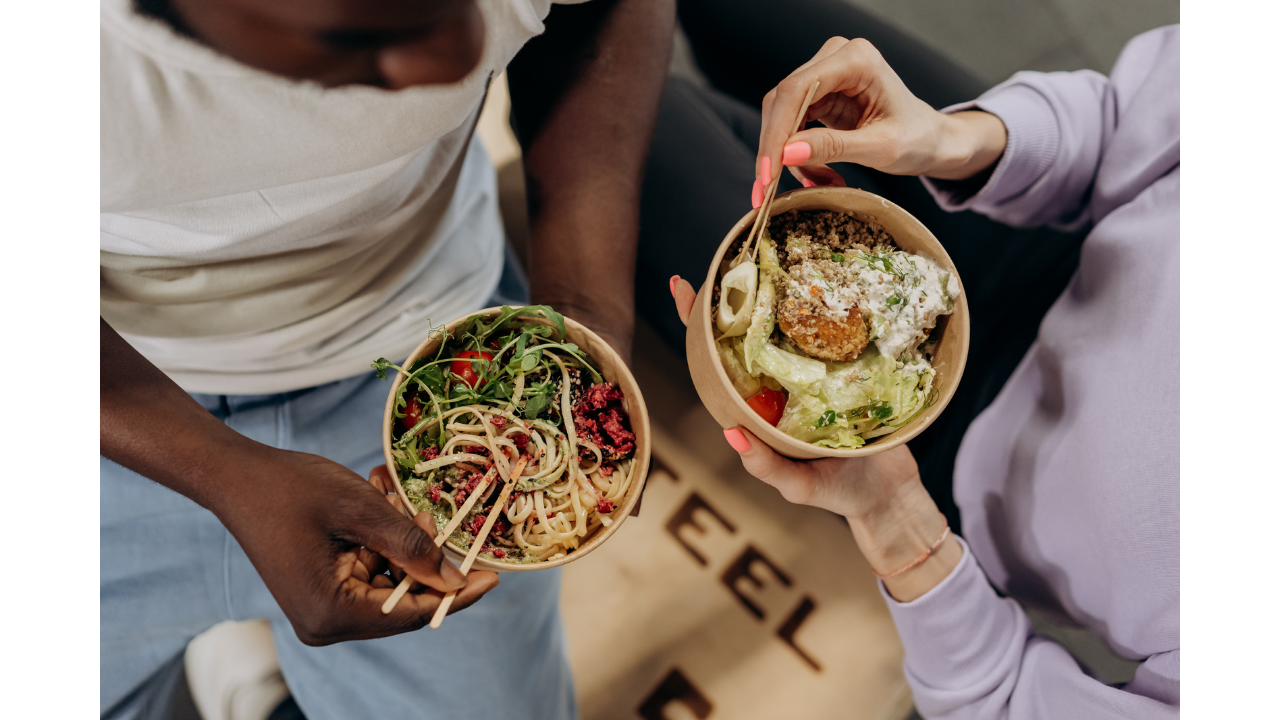
The Right Way to Snack
Apr 02, 2020Snacking and grazing throughout the day is a common weight loss struggle. Add in a pandemic and working from home, and it can be a recipe for disaster. End the mindless snacking once and for all with these expert tips.
If you are snacking out of hunger...
1. Prioritize your meals. If you are feeling hungry - truly hungry - an hour after a meal, chances are the meal was not balanced. Be sure to have a protein source with each meal, add volume with extra non-starchy vegetables, and pick a high fiber starch source like fruit.
2. Drink more water. Even mild dehydration can cause us to mix up our hunger and fullness cues. Before you have a snack, drink a large glass of water. Strive to drink at least 64 oz water per day, though most people need more. Keep drinking until your urine is clear!
3. Plan ahead for snacks. You are statistically most likely to eat one of the first 5 things you see when you are looking for a snack. Put the healthy options right in the forefront. Additionally, have scheduled snack times built into your day. Here are some healthy snack ideas that contain protein to keep you full:
-
Greek yogurt with 1/2 cup fruit
-
Veggies with 2 Tbsp dip (hummus, guac, Greek yogurt dip, tzatziki, PB)
-
1 piece fruit and 100 calorie pack of nuts
-
Sargento balance breaks
-
Built bar
-
Cottage cheese with berries
-
Hard boiled egg
If you are eating out of boredom, stress, or habit...
1. Find a distraction. Keep a written list of things to do instead of snack when you are bored or stressed. Here are some ideas: call a friend, go for a walk, read a book, take a bath, light a candle, make a cup of tea, draw a picture. Continue to add to your list overtime.
2. Change your environment. Avoid bringing trigger foods into the house. If they are around, keep them on a top shelf or in the back of the fridge. Additionally, create a space for work that is separate from the kitchen if possible. Lastly, avoid eating while watching TV. If you want a snack, have it in the kitchen.

